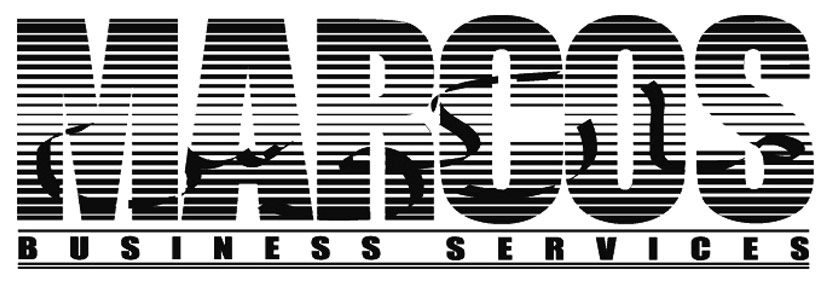
Tips for Working with a Translator
The translation buyer holds the key to the quality of the translation he/she is seeking. In addition to making the right decision in selecting a reputable translation provider, you can contribute in many ways to the quality of the final product. If possible, keep translation in mind while the text is being written. Make sure to have a clear and error-free original. A well-written original text is the most important single factor in ensuring a good translation. Other helpful tips to keep in mind when writing text that will be translated are:
- Avoid or explain in-house abbreviations and jargon. If it had to be translated into another language, would the translator know if the in-house editor refers to both abbreviations and jargon or just to abbreviations?
- Avoid ambiguities.
- Avoid culture-bound references. For example, references to Arabic meals, Indian cuisine and so on. Translation buyers should avoid references specific to their own culture as much as possible.
- Avoid puns. They usually are not translatable and, if they are, may not be appropriated in the target culture.
- Determine the intended target reader for the translation; Egyptian Arabic may not be suitable for use in Lebanon, in the same way as British English may not be suitable for use in the USA. Also a text written for specialists will not be understood by the layman, while a text written on the layman’s level may offend an expert.
- Provide the translator with the best possible copy of the text to be translated. Good copy quality is especially important when the text contains numbers and proper names that cannot be guessed from the context.
- We live in multi-cultural society in the UAE. Even names can have different spellings. Mohammed can be spelled as Muhammad or Mohamed; Mustafa or Mostapha; Mohee El Din or Mohiddeen, just as with English names that have different spellings. For example, there is Caroline, Carolyn, Carolynn, Carolynne; or Catherine, Kathryn, Katherine, Katharine, Kathrine as a second example. Always provide the translator with copies of relevant passports. Names should never be translated. The same applies to companies’ names. Always provide the translator with a copy of the Company’s license.
- Arabic names do not follow the same format as Western names. In English, John Brown is a full name. In Arabic, Mohammed Al Mazrou’ie is not the full name. It might be Mr. Mohammed Khalfan Khamis Al Mazrou’ee. With official documents, ensure that you provide full names as per relevant passports. In Arabic, abbreviated names are not used.
- Dispatch the text by E-mail if you require the final document to be produced in dual language format. This would ensure that you would not have to do any proof reading of the English version. The translator will only reformat your own version without any risk for a re-typing error.
- Appoint a contact person in your organization who can answer specific questions which the translator or editor may have while performing their work.
- Schedule sufficient time for a quality translation; don’t expect a text that took two months to write in English to be translated into Arabic in one day.
- Allow for possible expansion of the text in the translation. Depending on the target language involved and the subject matter, your text may expand by up to 30% or even more in the translation.
- Provide the translator with context whenever possible. Previous correspondence in the case of business letters or the entire text in the case of excerpts, clearly marked “For Reference Only,” help the translator to get a better feel for the subject and ultimately to do a better job.
- Don’t have the translators re-invent the wheel. Give them any written material you may have in the target language in the field concerned. Remember that different terms may be used for the same concept in different industries and even by different companies within the same industry.
- If your text has illustrations, give them to the translator even if they contain nothing to translate. Illustrations can help the translator resolve ambiguities you may not be aware of.
- Give the translators feedback on previously completed work. It will help them keep your specific requirements in mind next time around.
- Build a long-term relationship with your translation provider, based on mutual trust, respect, and collaboration.
